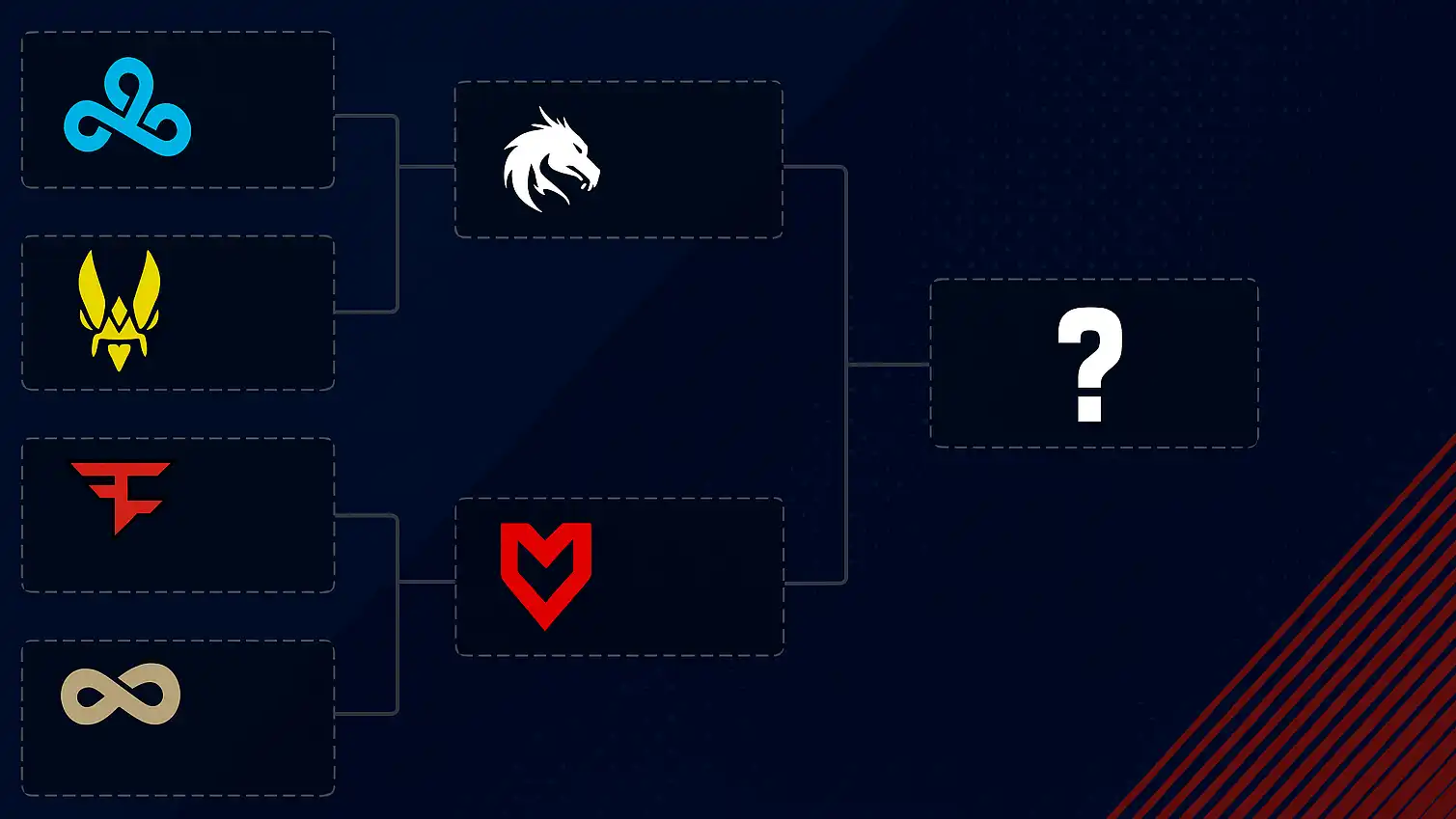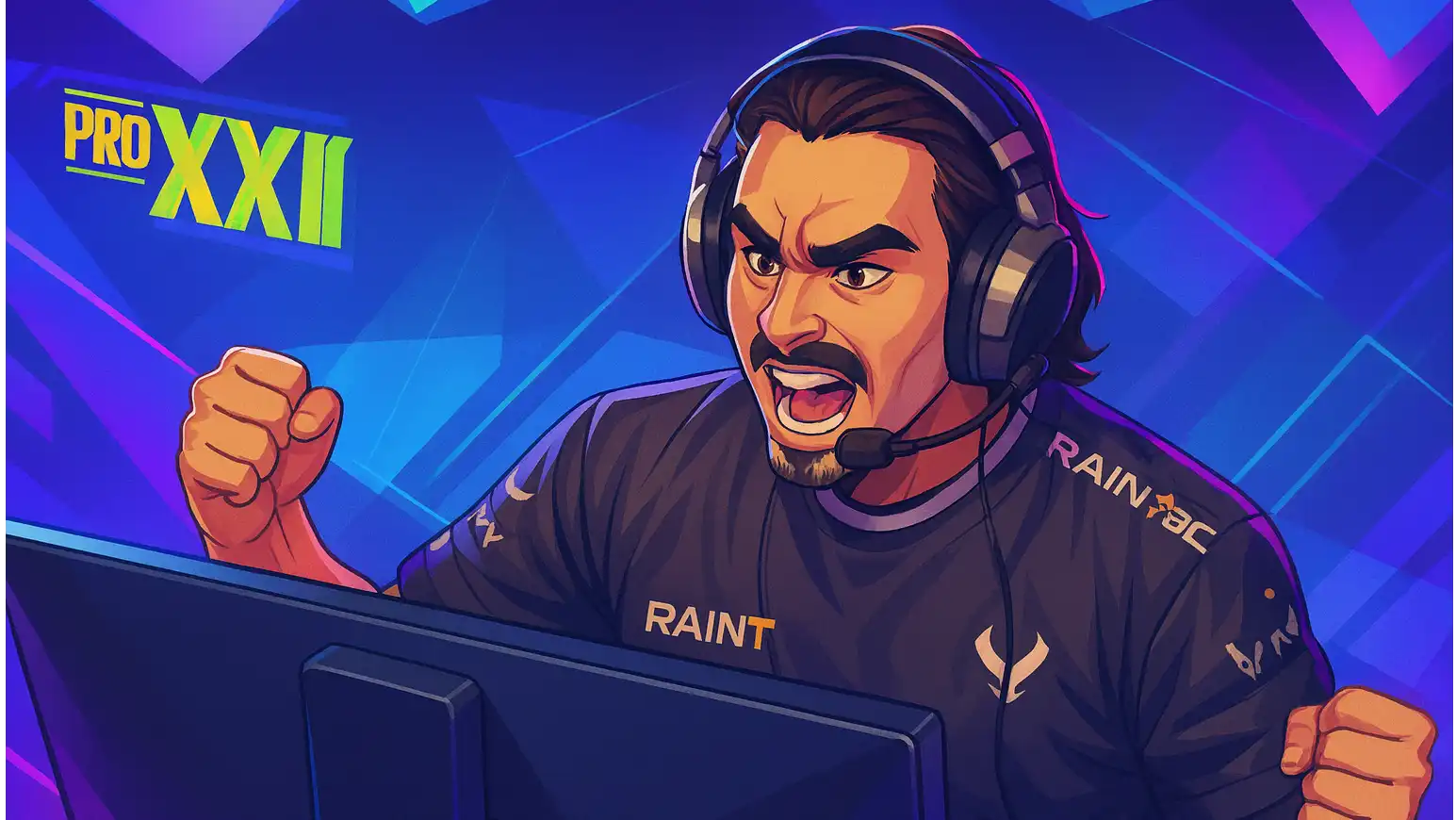Six-Team Playoff Brackets Must Be Abolished

Six-Team Playoff Brackets Must Be Abolished
Some of Counter-Strike’s most prestigious tournaments are increasingly depriving fans of compelling arena matches. It’s time to reconsider the entrenched use of six-team playoff brackets.
The Case Against Six-Team Playoffs
Arena matches are where Counter-Strike truly shines — under pressure, in front of a crowd, with little room for error. It’s the crucible in which stars are forged and narratives are made. Yet many top events now reduce the number of actual stage matches by giving byes straight to semi-finals.
Under the six-team format commonly used by ESL and BLAST, two “quarterfinals” feed into semi-finals, and some teams skip the first round entirely based on group stage performance.The editorial argues that this robs many teams — especially less-experienced ones — of crucial stage time and dilutes the fairness of the tournament.
For example, teams that win two group matches may effectively bypass one round of arena play, facing fewer obstacles and enjoying an easier path to the final bracket. The editorial calls this a “farce,” noting that a team that wins a third game in an upper bracket final can leapfrog ahead without ever proving itself on stage.
By contrast, true eight-team brackets (with four quarter-finals) force all teams to prove themselves in the arena. The editorial applauds PGL and FISSURE for holding to such formats, arguing they preserve competitive integrity and offer more chances for memorable matches.
Historical Roots & Widespread Adoption
This format has been around since around Katowice 2018 and has become the default for many ESL events. Before that, tournaments sometimes allowed teams to skip to semi-finals based on round-robin results, but the current six-team layout is a compromise that still falls short.
BLAST’s eight-team events using six-team brackets are singled out as especially egregious: a single group win can guarantee an arena slot, two wins guarantee a spot in the semis, and only two teams miss the cut.
Even in BLAST Open London, group stage matches played online result in some teams skipping entire arena matches.
Practical Objections & Counterarguments
Organizers often cite logistical constraints: running a full quarterfinal day requires extra resources, longer venue bookings, more broadcast staff, and careful scheduling. Yet the editorial notes that practical solutions already exist. For example, ESL used a rotating stage in IEM Katowice 2019 to allow teams to ready up on the same PCs. Additionally, with modern match pacing (e.g. MR12), it's increasingly feasible to squeeze multiple best-of-threes into a single arena day with efficient breaks.
The editorial contends that both ESL and BLAST are falling behind newer tournaments that are restoring fair, full-sized playoff brackets.
Real-World Examples & Missed Opportunities
Because of the six-team format, several noteworthy “what-ifs” emerge:
What if The MongolZ, finishing 3–2 in a group, had been excluded under a six-team bracket and never given a stage shot against FaZe?
What if Spirit (3–0 in group) skipped facing MOUZ in a quarterfinal?
Or paiN, which built momentum after its arena debut at PGL Cluj-Napoca, might never have had the chance to showcase itself further.
These lost opportunities underscore the argument: fewer playoffs reduce the chances for underdogs, hurt storylines, and create unfair advantages for group-stage winners.
Criticism from the Community
Community reactions echo this frustration. One HLTV commenter aptly put it: “No, teams going straight from the groups to the semi-finals is nonsense.” Another user argued:
“It doesn’t make sense to give a team a higher placement and prize money for winning a group stage than a team that played a bracket match and lost.”
Another poster preferred variety:
“If we want bracket variety, I’d much rather have a double elimination playoff bracket than the current 6-team bracket.”
Clearly, many fans believe the status quo fails to reward performance and reduce meaningful competition.
Supporting Context & Related Developments
IEM Cologne 2025: A Case Study
In IEM Cologne 2025, only six teams made it to LAN. Vitality went undefeated in the group stage, earning a direct semi-final berth. Spirit also secured a bye after clinching its own group. Meanwhile, other teams like MOUZ and FURIA had to battle through quarterfinals to reach the same stage. This layout embodies exactly the concerns highlighted in the editorial.
Player Voices from the Scene
Though not directly about bracket formats, remarks from players reflect the intensity and importance of playing under pressure. For instance, Lucas “nqz” Soares (NAVI) acknowledged how crucial it feels to reach playoffs:
“It’s great to be back to a playoff … we didn’t manage good results earlier … so it’s really good to achieve these playoffs.”
“We still have to want to win and prepare ourselves like it’s the last game of our lives.”
His words remind us that playoff matches carry emotional and competitive weight — the kind of matches fewer teams now face because of limited brackets.
Alternatives & Emerging Formats
Some newer tournaments push different formats. FISSURE Playground 2, for example, uses full eight-team brackets and avoids giving byes to semi-finals. These events demonstrate that more equitable structures are viable and more exciting.
Double elimination brackets are also frequently invoked as a preferable alternative, offering more bracket variety and reducing the luck of a single elimination.
Conclusion
The six-team playoff format, entrenched in many big CS tournaments, is under deserved scrutiny. While its adoption may have been born of logistical compromise, its consequences are increasingly untenable: fewer arena matches, less opportunity for underdog narratives, and unbalanced advantages to group-stage performers. The voices of players, fans, and competing tournaments are coalescing around one message — it’s time to bring back full, fair brackets.





